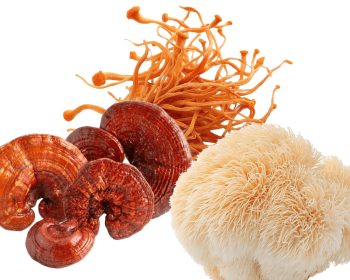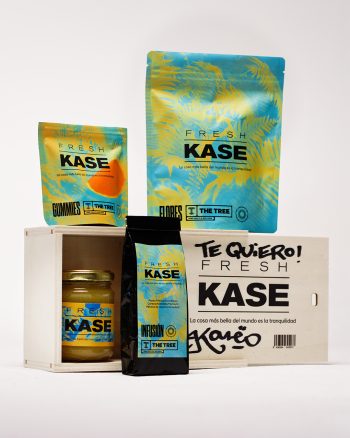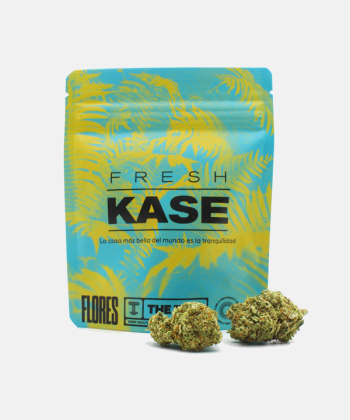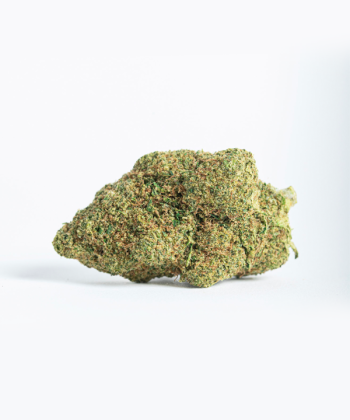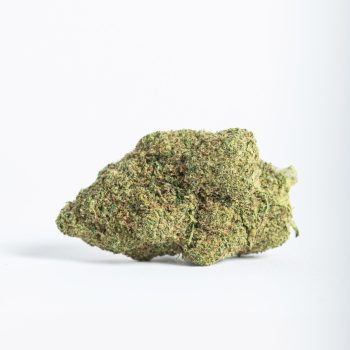Our beloved furry friends deserve a life full of health and happiness. As responsible owners, we are always looking for ways to take better care of them and ensure their well-being.
In this constant search, cannabidiol, or CBD, has emerged as a promising option that can help our dogs live more comfortable and balanced lives. It is a naturally occurring compound found in the cannabis plant and, unlike tetrahydrocannabinol (THC), CBD does not cause psychotropic effects, i.e. it does not ‘get you high’.
In recent years, there has been a growing interest in how CBD could potentially benefit dogs in a wide variety of areas, from pain management to anxiety reduction.
In this article, we will explore in detail how CBD’s potential could be harnessed to improve the quality of life of our canine companions. We will discuss how this compound works, its potential benefits and the dosages that would be recommended.
The endocannabinoid system in dogs
To understand how CBD works in dogs, it is important to understand the endocannabinoid system (ECS) that all mammals, including dogs, naturally possess.
The ECS is a biological system that regulates a variety of functions in the body, such as internal balance, stress response, inflammation and pain. It is made up of cannabinoid receptors (CB1 and CB2), endocannabinoids (chemicals produced naturally by the body) and enzymes that help break down and metabolise these cannabinoids.
When CBD is administered to a dog, this cannabis compound interacts with cannabinoid receptors in the SEC to produce a number of potential effects.
Potential benefits of CBD for dogs
The use of cannabidiol (CBD) in dogs has generated interest due to the potential benefits it can offer our pets. Although research on this compound in dogs is in its early stages, several effects have been observed that could potentially improve the quality of life of our canine companions.
Below are some of the potential benefits of CBD for dogs:
- Pain relief: According to a review of several studies focusing on the use of CBD for pain management in dogs, published in 2021, this compound may have a natural analgesic ability, helping to reduce pain in pets suffering from conditions such as arthritis, muscle injuries or chronic pain¹.
- Reducing inflammation: CBD has anti-inflammatory properties, which could be beneficial for dogs suffering from chronic inflammatory-type conditions such as inflammatory bowel disease (IBD) or arthritis².
- Anxiety reduction: According to a study published in February 2023 on anxiety in dogs and the use of CBD, this cannabinoid can be useful in situations that cause stress for our canine friends, such as travelling by car or being temporarily separated from their owners³. This results in calmer and more relaxed behaviour.
- Seizure control: CBD has been studied as a possible adjunctive treatment for dogs suffering from seizure disorders. Some studies suggest that CBD may help reduce the frequency and severity of seizures⁴.
- Behavioural improvement: CBD may help dogs with behavioural problems, such as aggression, by promoting a more balanced state of mind⁵.
It is important to note that the effects of CBD can vary depending on the dog and the condition it is intended to treat. In addition, the quality of the product, proper dosage and consultation with a veterinarian are crucial factors in ensuring the safety of your pet.
CBD dosage for dogs
One of the key aspects of using CBD in dogs is determining the appropriate dosage. Each pet is unique, and factors such as weight, age, activity level and the severity of the symptoms to be treated can influence the optimal dosage. Here are some general guidelines that may be helpful:
- Consult your vet: Before starting any CBD treatment, talk to your vet. An animal health professional can provide personalised guidance on the right dosage for your dog.
- Use a specific CBD oil: There are pet-specific oils available, such as our Petly Pet CBD Oil. This is a coconut MCT oil with a 3% concentration of CBD, which is ideal for pets as it is very low in CBD.
- Start with a low dose: It is advisable to start with a low dose and gradually increase until you find the level that works best for your dog. This allows you to assess your pet’s response and minimise the risk of unwanted effects.
- Dosage based on weight: As a general rule, CBD dosage for dogs is calculated based on body weight. An ideal starting dose is approximately 0.1 mg to 0.5 mg of CBD per kilogram of body weight, administered twice daily. This is a very low dose and should be adjusted as needed.
- Keep a record: Keeping a record of the dosage given and any changes in your dog’s behaviour or health can be helpful. This will allow you to track the application of CBD and make informed decisions.
In summary, while CBD has potential benefits for dogs, it is essential to consult with your vet and dose correctly.
References
- Cindy, H. J., & Rupasinghe, H. V. (2021). Cannabidiol-based natural health products for companion animals: Recent advances in the management of anxiety, pain, and inflammation. Research in veterinary science, 140, 38-46.
- Ibid.
- Hunt, A. B., Flint, H. E., Logan, D. W., & King, T. (2023). A single dose of cannabidiol (CBD) positively influences measures of stress in dogs during separation and car travel. Frontiers in Veterinary Science, 10, 153.
- McGrath, S., Bartner, L. R., Rao, S., Packer, R. A., & Gustafson, D. L. (2019). Randomized blinded controlled clinical trial to assess the effect of oral cannabidiol administration in addition to conventional antiepileptic treatment on seizure frequency in dogs with intractable idiopathic epilepsy. Journal of the American Veterinary Medical Association, 254(11), 1301-1308.
- Corsetti, S., Borruso, S., Malandrucco, L., Spallucci, V., Maragliano, L., Perino, R., … & Natoli, E. (2021). Cannabis sativa L. may reduce aggressive behaviour towards humans in shelter dogs. Scientific reports, 11(1), 2773.


